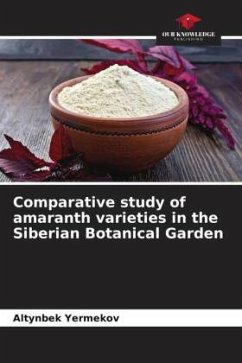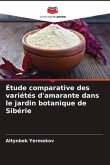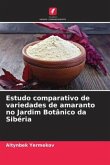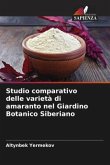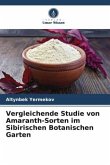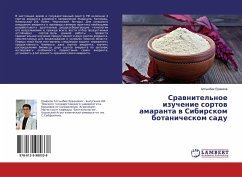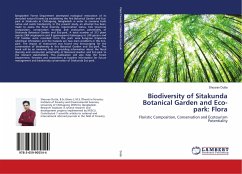Currently, 6 varieties of fodder amaranth (Karakula, Kizlyarets, Kinelsky 254, Polet, Cherginsky, Amber) are included in the state register of the Russian Federation. For successful implementation of amaranth in production practice, it is necessary to develop adaptive resource-saving technologies of its cultivation and, above all, to select productive resistant varieties. The aim of this work is to conduct a comparative study of the productivity of two varieties of amaranth, promising for cultivation in the conditions of the Tomsk region. I had the following tasks: to determine the biomass productivity of two amaranth varieties; to study the biomass distribution of two amaranth varieties by organs; to study the peculiarities of amaranth seeds germination; to determine the storage duration of amaranth seeds.

